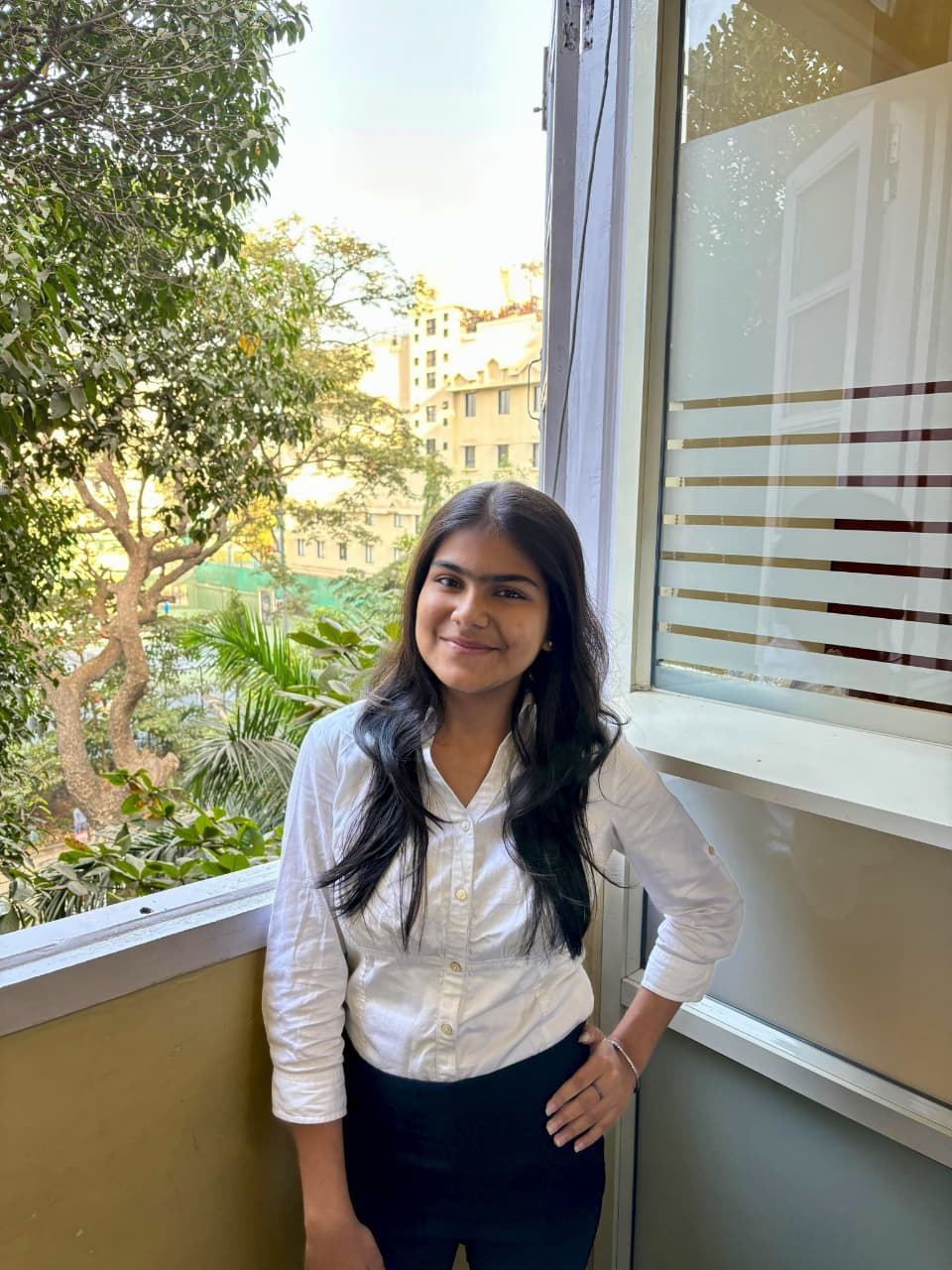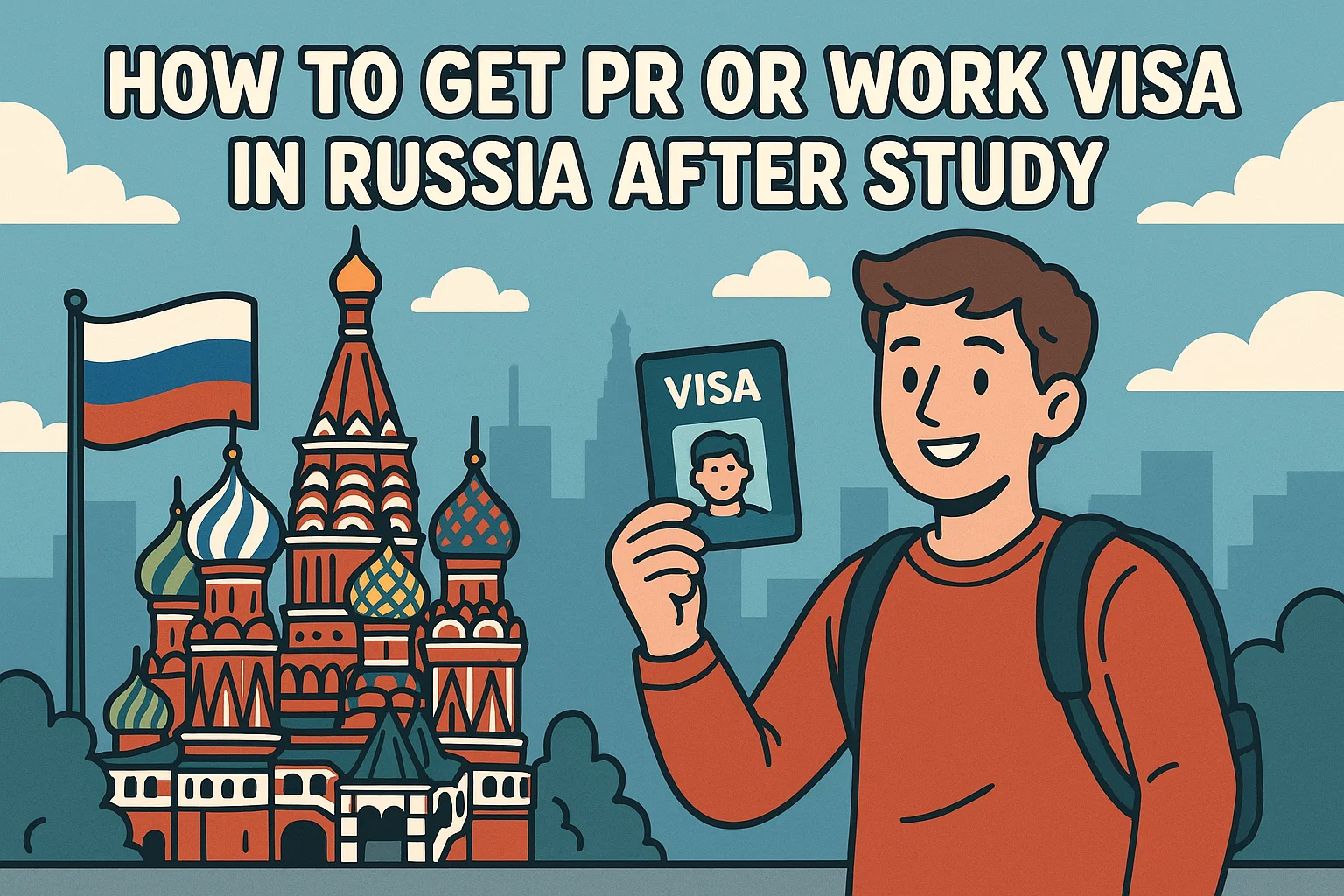Deciding to pack up and study in a new country isn’t just exciting—it can change your whole life. Russia pulls in thousands of international students every year, and for good reason: tuition’s affordable, the culture’s rich, and the experience sticks with you. But as graduation creeps closer, that big question always comes up: what’s next? Plenty of students fall for Russia and want to stick around. If you’re figuring out how to go from student to full-time resident, you’re in good company. The process takes you through several legal stages, from your first student visa all the way to potential citizenship. Sure, the paperwork looks intimidating at first, but the government has made it easier lately, especially for recent graduates. They want skilled professionals to stay. This guide breaks down how to stay in Russia legally, find work, and actually start building a life—without losing your mind to bureaucracy.
Understanding How Residency Works in Russia
Staying long-term here usually follows a clear ladder: you start with a temporary stay, move to a temporary residence permit, then finally a permanent one. Good news for students—this path is a lot faster now. If you have a Russian degree, you can usually skip the general quota system entirely. That’s a huge win.
Still shopping around for study abroad options? It’s smart to compare. Take a look at top universities and visa rules in South Korea, for example, or see how Chinese university admissions work. These benchmarks help you see where Russia stands as an education destination.
What Are TRP and RVPO?
Not long ago, every foreign student had to get a TRP—Temporary Residence Permit, or RVP in Russian. The full form of RVP is “Разрешение на временное проживание” in Russian, which translates to “Temporary Residence Permit” in English. That one lasts three years. Lately, there’s a new option: the RVPO. This permit is made just for students at state-accredited universities.
With the RVPO, you can stay through your whole course, plus another 180 days after you graduate. It cuts out a lot of hassle since you don’t need to prove your Russian language or history knowledge—the education system covers that.
From Student to Permanent Resident
Once you’ve got your diploma, you’re eligible for PR (Permanent Residency), or VNZH in Russian. This status gives you nearly all the rights citizens have, minus voting and military service. If you graduate with a Red Diploma (honors) or even a regular degree from an accredited university, you can often skip the RVP stage entirely and go straight for residency.
You’ll need your paperwork in order, of course. The Russian government’s official websites are the safest place to start. Use the Russian public services portal to find the right forms for foreign citizens.
Here’s a simple checklist of what you usually need to apply for PR:
| Document Category | Specific Requirements |
|---|---|
| Identification | Valid passport and notarized translation |
| Educational Proof | Your Russian University Diploma |
| Health Status | Medical certificates proving absence of infectious diseases |
| Financial Proof | Bank statements or salary slips showing income |
| Status Proof | Your current migration card and registration |
Employment and the Work Visa
➣If you’re not applying for residency right away, you’ll need a work permit to stay in Russia. Standard Russian work visas require company sponsorship.
➣But if you’re on a student visa, you can work part-time without an extra permit. Once you graduate, you’ll likely aim for full-time work.
➣To land a good job, you need to show employers what you can really do. Build up your skills—especially the ones that’ll matter in the future. Students who learn future-proof skills by 2030 stand out, so it’s worth reading up on what employers want.
➣The job market isn’t the same everywhere. Engineering and IT dominate, but other fields are catching up.
➣Take the property market, for example. Just like real estate is booming in India, cities like Moscow and St. Petersburg offers opportunities—especially if you know the right languages.
Understanding the Work Permit
A typical work permit is linked to your employer. Lose your job, and you’re on the clock to find another or leave the country. That’s why many people prefer residency—it frees you to change jobs anytime.
Labor laws and migration rules change, so keep up with official news. Check the Ministry of Internal Affairs website for updates and stay on the right side of the law.
Important Legal Considerations
➣Getting through immigration law takes focus. If you’re in business or law, you’ll want to follow international trade agreements too—documents like the WTO accession protocol are worth a look.
➣Don’t wait until the last minute to renew your visa or apply for a new status.
➣Even a single day of overstaying can get you deported and banned from re-entering Russia. Always aim to settle things through official channels.
➣The government wants to keep talented people. If you complete your studies, you’re exactly who they want.
➣The TRP and eventually permanent residency are much easier to get for graduates than for most others.
Frequently Asked Questions
Q1. Can I stay in Russia after finishing my master’s there?
Ans. Yes, you can stay. After graduation, you get some time to sort things out—look for a job, wrap up paperwork, or just settle in. If you have the RVPO (that special student permit), it stays valid for 180 days after you finish your degree. Use that time to either apply for permanent residence or find a job and get a company to sponsor your work visa.
Q2. Is it difficult to get permanent residence in Russia?
Ans. For graduates from Russian universities, it’s actually pretty straightforward. The government has relaxed the rules, hoping more foreign students stick around. You skip the usual quota system, so things move faster and with less hassle than for most other applicants.
Q3. I am an Indian citizen. Can I get a job in Russia?
Ans. Absolutely. Indian citizens find plenty of opportunities, especially since Russia and India have strong ties in business and diplomacy. Fields like pharmaceuticals, engineering, tech, and education are always looking for talent. If you have a degree from a Russian university, your chances go up even more.
Q4. What’s the best way to get permanent residence in Russia?
Ans. Go through the education route. Start with your student permit while you’re studying. Once you graduate, apply directly for permanent visa status (VNZH). This way, you skip temporary quota limits and the language tests, so you can settle down faster and with less red tape.

